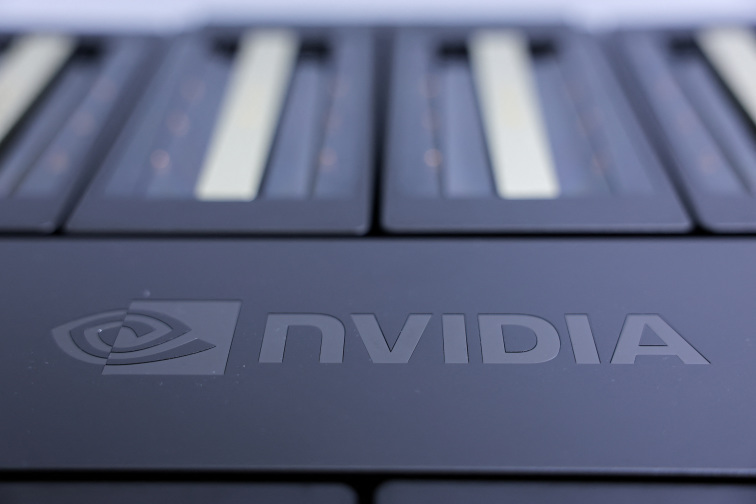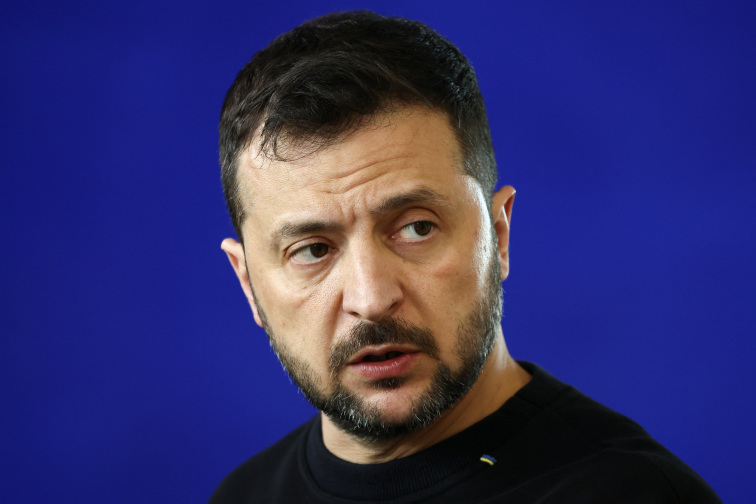A member of Chinese People's Liberation Army (PLA) sits in an aircraft during the "Joint Sword-2024B" military drills around Taiwan, from an undisclosed location in this screenshot from a handout video released by the PLA Eastern Theatre Command on October 14, 2024. (PLA Eastern Theatre Command/Handout via REUTERS)
TAIPEI (Reuters) - Taiwan's defence ministry on Tuesday detailed the surge in Chinese warplane activity around the island during war games the previous day, saying it had detected a record 153 Chinese military aircraft.
China held a single day of what it called "Joint Sword-2024B" drills on Monday as a warning to "separatist acts", following last week's national day speech by Taiwan President Lai Ching-te that Beijing denounced.
In its daily update on Chinese military activity around the island in the previous 24 hours, Taiwan's defence ministry said it spotted 153 Chinese military aircraft, updating a figure given on Monday evening of 125 which it had already said was a record high for a single day.
Of those aircraft, 28 crossed the sensitive median line of the Taiwan Strait, according to a map the ministry released, which had previously served as an unofficial barrier and which China says it does not recognise.
Other areas of activity included off Taiwan's southeastern coast, home to a major Taiwanese air base, and to the southwest of Taiwan at the top part of the South China Sea where the Taiwan-controlled Pratas Islands are located.
There were also 14 Chinese navy ships and 12 "official ships" - which refers to the coast guard and other military adjacent vessels - spotted, the ministry said.
Speaking to reporters in Taipei, Premier Cho Jung-tai said the drills were not just a Taiwan issue.
"Any drills without prior warning will cause great disturbance to peace and stability in the entire region," he said.
"China's drills not only affect Taiwan's neighbourhood, but also seriously affect the entire international navigational rights and air and sea space, so attracted the attention of other countries."
Taiwan's government rejects Beijing's territorial claims, and says only the island's people can decide their future.
(Reporting by Ben Blanchard; Editing by Muralikumar Anantharaman and Stephen Coates)











News magazine bootstrap themes!
I like this themes, fast loading and look profesional
Thank you Carlos!
You're welcome!
Please support me with give positive rating!
Yes Sure!